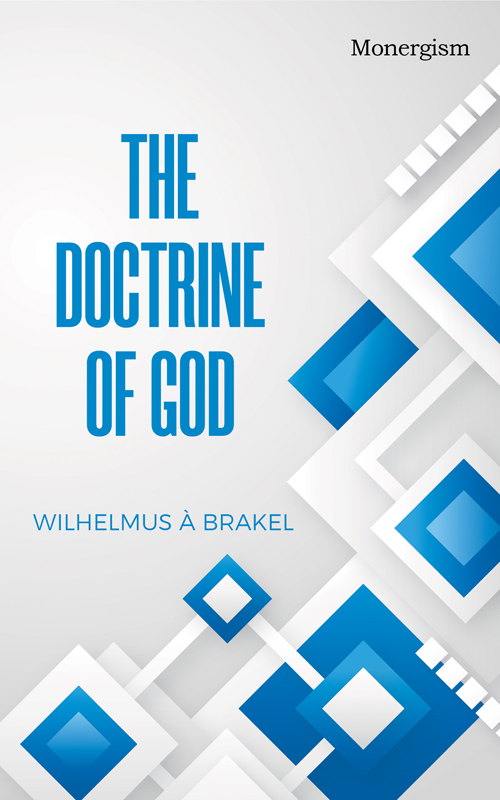 by Wilhelmus à Brakel
by Wilhelmus à Brakel
ePub, .mobi & .pdf formats
"The Doctrine of God" by Wilhelmus à Brakel is a significant theological work that serves as a comprehensive exploration of some of the fundamental tenets of Reformed Christianity. Born in 1635 in the Netherlands, Wilhelmus à Brakel's life and theological journey were marked by a deep commitment to his faith and a desire to share its profound truths with both theologians and laypeople alike.
This book, derived from a section of "The Christian’s Reasonable Service," stands as a synthesis of the best Puritan literature from both England and the Netherlands. It represents a pivotal contribution to Reformed Pietism, emphasizing the harmonious blend of mystical and ethical elements within Christianity, which was characteristic of the great Pietists in the Reformed tradition.
The author, affectionately known as "Father Brakel," wrote this work primarily for the benefit of church members, though he also hoped that theologians would find it valuable. His aim was to bridge the gap between abstract theological concepts and their practical application in the lives of believers, ultimately emphasizing the importance of experiential theology. He believed that religious experiences should bring doctrinal beliefs from the text into a personal and transformative encounter with God.
The book explores major doctrines of the Bible in a manner that promotes godliness and spiritual renewal among its readers. While it exhibits a distinct Puritan flavor, it represents Reformed experiential religion at its finest. Throughout its pages, à Brakel consistently elevates the name of Jesus Christ as the only name under heaven whereby humanity can find salvation.
The table of contents provides an overview of the topics covered in the book, starting with the knowledge of God from nature and progressing through discussions on the Word of God, the essence of God, the divine persons, the decrees of God, eternal predestination (including election and reprobation), the covenant of redemption, the creation of the world, angels and devils, and the providence of God.
In keeping with its intended audience of laypeople, the book includes practical applications of each doctrine discussed. It addresses individuals in various spiritual states, offering guidance and encouragement to the unconverted, those who may have backslidden spiritually, and mature believers seeking to deepen their faith.
"The Doctrine of God" by Wilhelmus à Brakel has endured for over three centuries, leaving an indelible mark on Reformed theology and continuing to influence scholars and followers of Puritan literature. It remains a profound resource for those seeking a deeper understanding of the Christian faith and its practical implications in their daily lives.
----
Table of Contents
Preface. TO THE CHURCH OF GOD IN THE NETHERLANDS.
Chapter 1. On the Knowledge of God from Nature
Chapter 2. On the Word of God
Chapter 3. On God
Chapter 4. Of the Divine Persons
Chapter 5. On God's Decrees in General
Chapter 6. On the Eternal Predestination of Election and Reprobation
Chapter 7. On the Covenant of Redemption between God the Father and God the Son for the Elect; or the Counsel of Peace
Chapter 8. On the Creation of the World
Chapter 9. On Angels and Devils
Chapter 10. On God's Providence
.....
